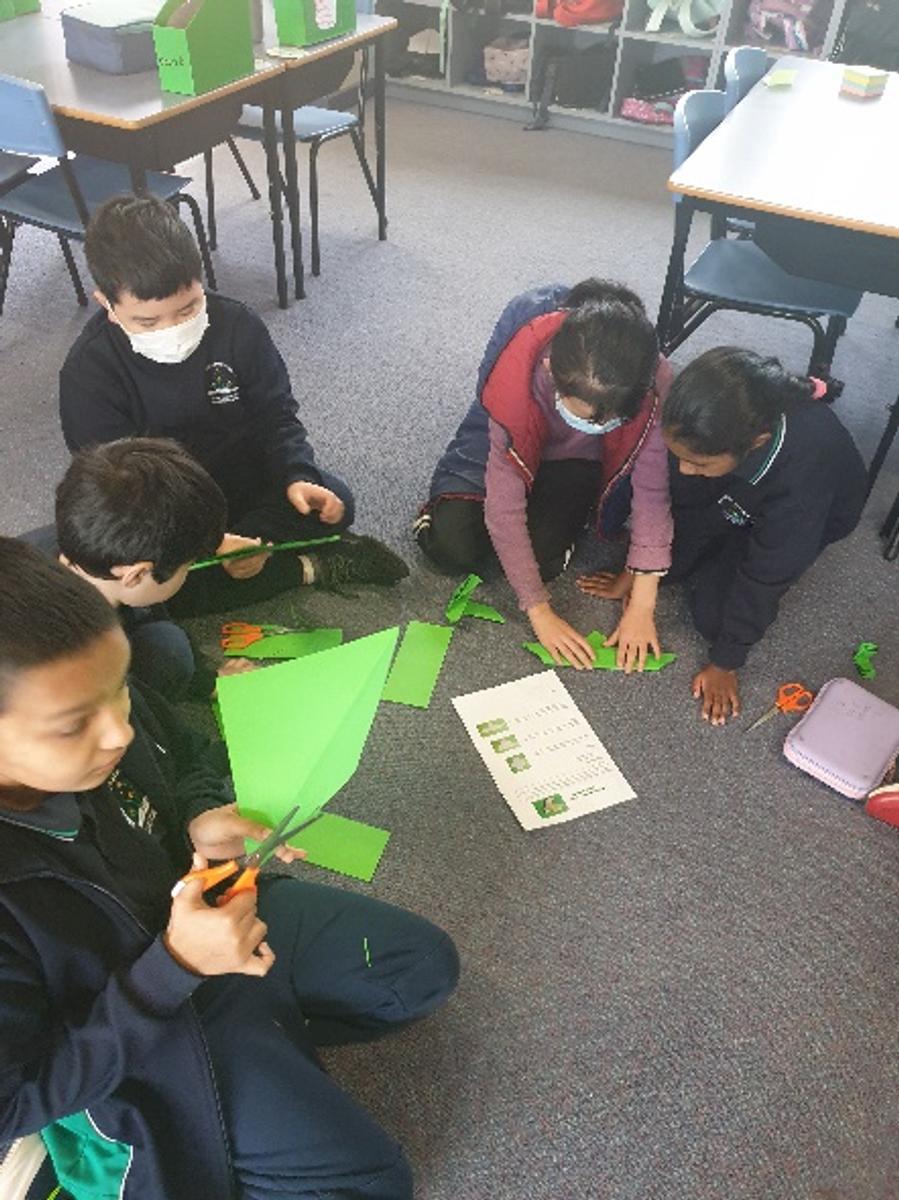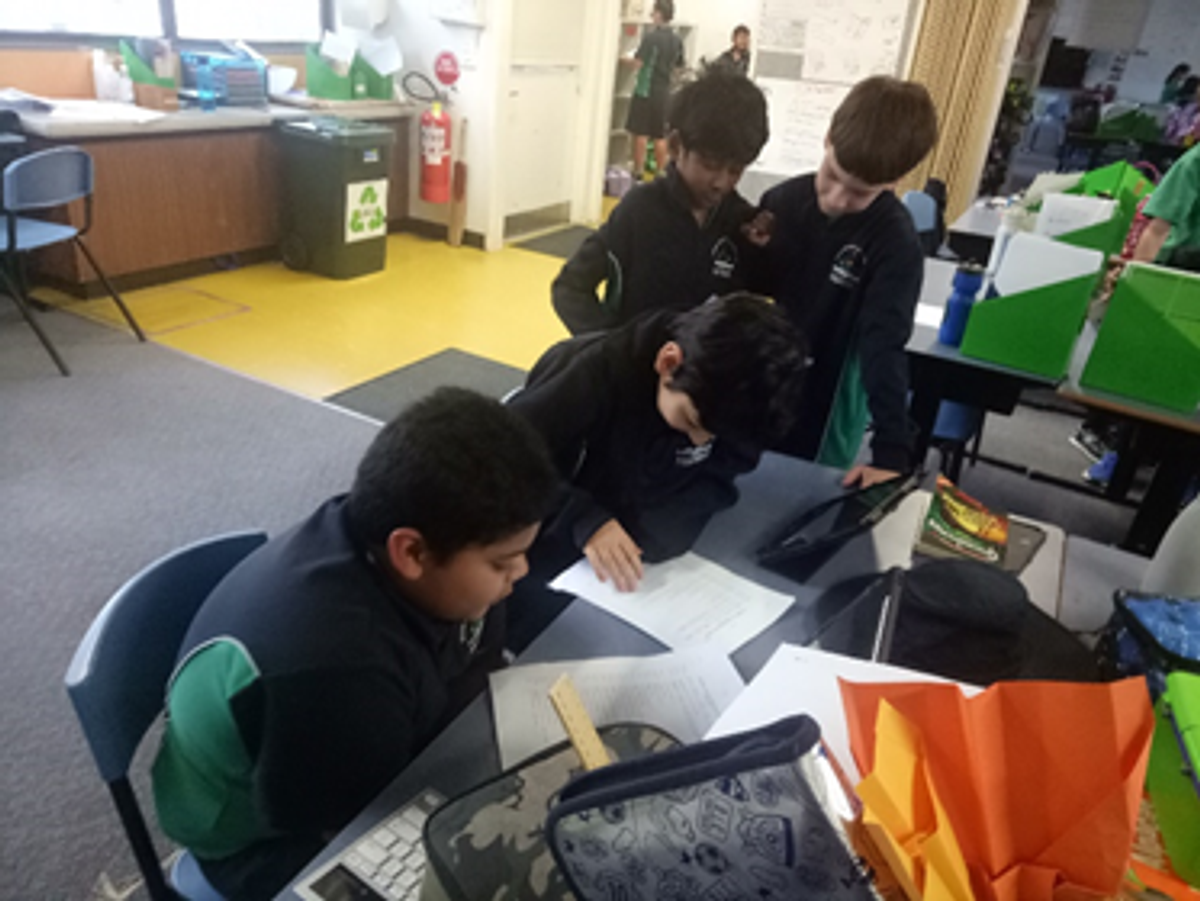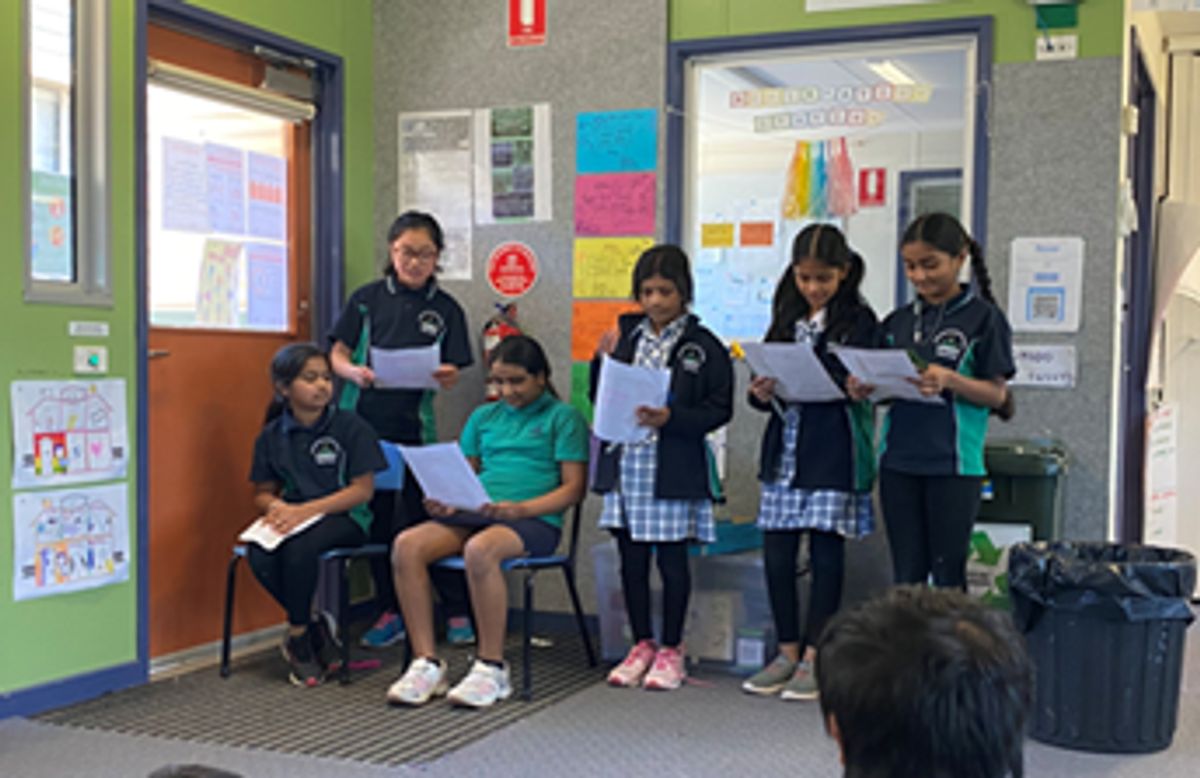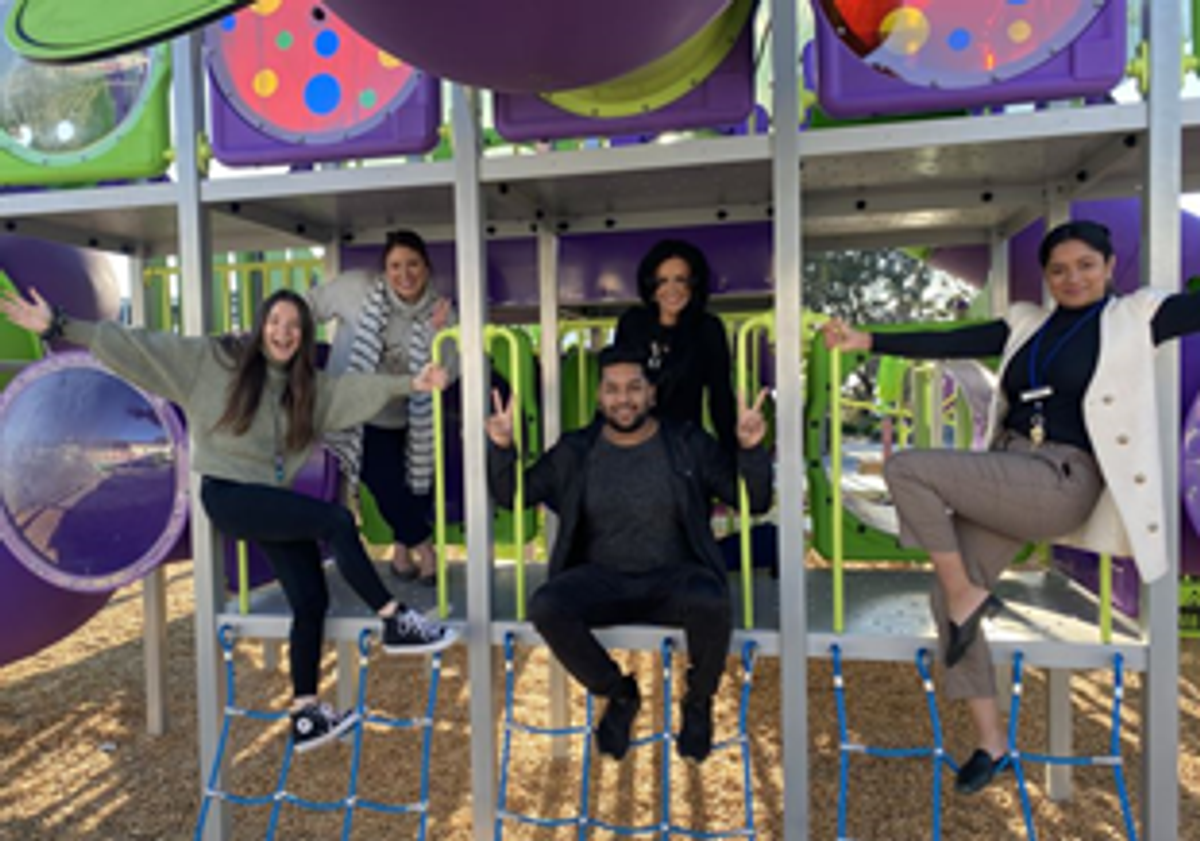Curriculum Overview
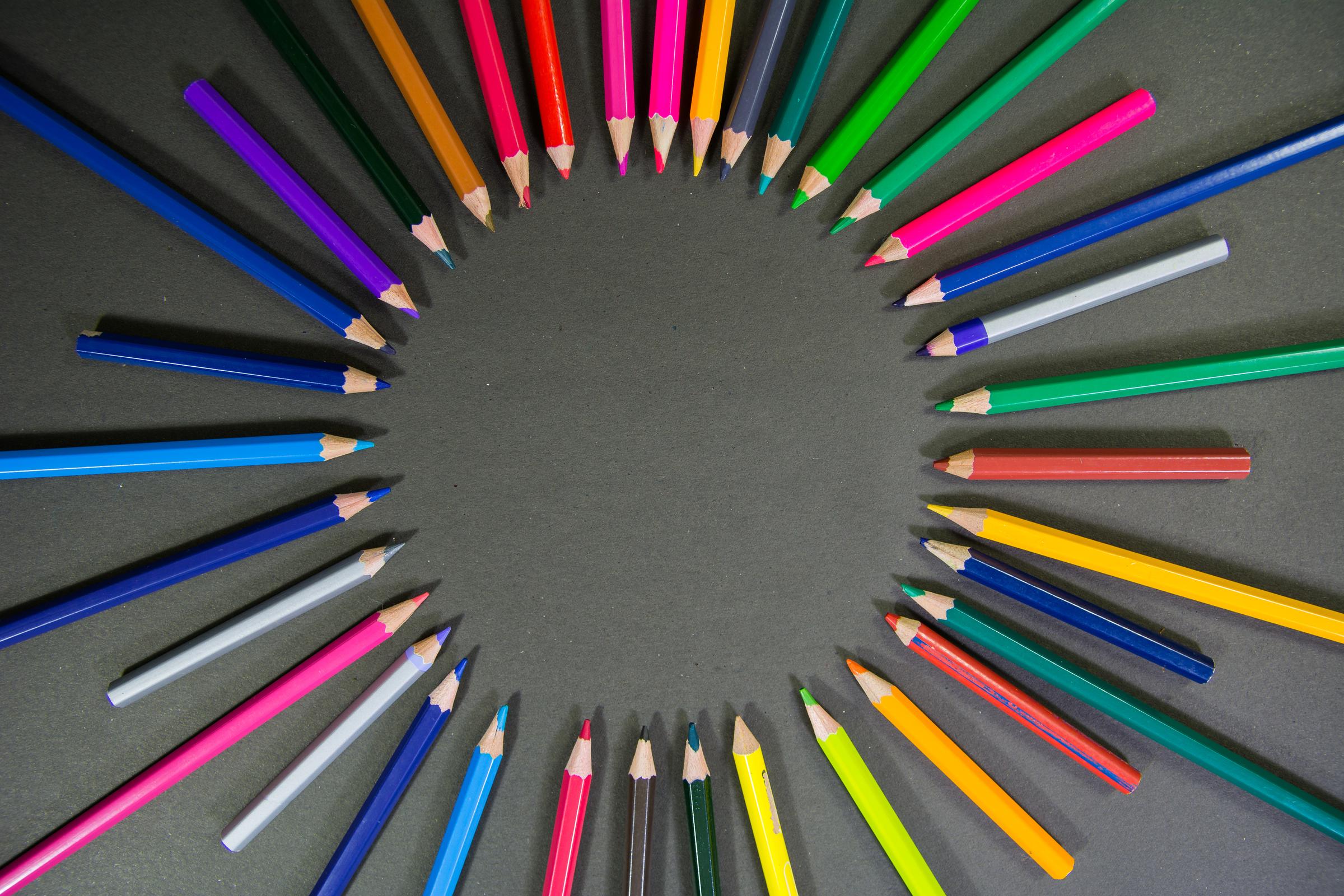
Inquiry
In Term 4, Level Four is inquiring into the topic ‘How do we use design in physical science?’ Through this unit, learners will explore physical science around us and how it has impacted our life. Learners will investigate these concepts through hands on experiments. Through their explorations and investigations, leaners will come away with an understanding that:
- Heat can be produced in many ways and can move from one object to another
- Forces can be exerted by one object on another through direct contact or from a distance
- Energy from a variety of sources can be used to generate electricity
Additionally, a key element of our inquiry will involve transferring our understanding and making connections to Global Goal 7 ‘Affordable and Clean Energy’ and how our actions and decisions can impact our community. Learners will investigate a variety of designs, design processes and materials, comparing which materials and designs are more ethical and sustainable. This will guide them in creating their own designs and products.
You can support this learning at home by:
- Discussing the materials and composition of objects within your home including what the materials are made of and how they produce and hold heat.
- Discussing where physical science is present in your home and your environment.
We look forward to seeing the creativity Level Four learners will have through this inquiry topic to help spark innovation to change the world.
Social-Emotional Learning
This term, our focus will be on reconnecting with each other and building our capacity to collaboratively work within a group. Through our YCDI Keys to Success (Confidence, Persistence, Organisation, Getting along and Resilience) and our School values (Integrity, Respect, Initiative and Global Empathy) learners will develop strategies to successfully collaborate with each other in order to achieve a goal. Learners will be given a variety of opportunities where they can continue to build these skills which they can then transfer to multiple situations. At home, parents can support learners by fostering conversations around different perspectives and how respect can be shown, as well as doing activities together as a family where you have to work together.
Reading and Writing
This Term in Literacy, we are learning about procedural and persuasive texts. We will be looking to transfer the skills and learning from reading and apply them to our writing. The learners will be analysing procedural and persuasive texts focusing on the structure, techniques and vocabulary. In procedural writing, the learners will be ensuring to use precise verbs in order to assist others in following their instructions to carry out a task accurately. When writing persuasive texts, the learners will be ensuring their language convinces the reader and their audience to believe their idea or opinion. Learners will continue with sustained writing this Term as they are provided with the opportunity to write about a topic of their choice and in a style they desire. When reading, the learners will be increasing their vocabulary and focusing on answering a variety of comprehension questions including literal and inferential questions.
Speaking and Listening
This Term, with the transition back into on-site learning, respectful communication and collaboration is paramount. Learners will be focusing on how to positively interact with their teachers and peers through showcasing effective communication skills. Communicating with others includes being able to speak with confidence in a clearly audible voice and appropriate tone, as well as demonstrating effective listening skills by adding on to conversations and carrying out certain tasks after listening to instructions. Learners will be provided opportunities to collaborate and practise their Speaking and Listening skills through sharing their learning with the class, group tasks, role plays and debates. Students will build on their knowledge of questioning and challenging each other's ideas through meaningful discussions.
Spelling
In Spelling, learners will continue to expand their vocabulary by identifying personal words. These are derived either from misspelt words in their writing or from challenging words that they come across organically and are recorded in their Thinking Tracks during Independent Reading. Each week, these words are explored more deeply by conducting a spelling inquiry, for example by looking at the root/base word, spelling patterns or even the etymology of the word. Learners will be expected to transfer their spelling words into their weekly speaking and writing each week. There will also be a new spelling focus each week which will range from homophones to split diagraphs to letter blends. At home, you can ask your child what they have learnt about their spelling words from their spelling inquiry and new weekly focus each week.
Mathematics
Throughout Term Four, learners will continue to deepen their understanding of Mathematical concepts by applying their personalised SURF goals through independent tasks and reflections. The topics we are covering this term are:
- Percentages
- Chance and Probability
- Angles
- Shapes
A focus this term will be ensuring that learners are using a wide range of concrete, pictorial and abstract strategies to represent their mathematical thinking in multiple ways. Learners will be given the opportunity to make connections and transfer mathematical learning to real-world situations.
You can support this learning by facilitating conversations and finding opportunities for your child to make mathematical connections in the home and in real life. For example:
- Percentages- Describing your day using percentages with your learner ‘What percentage of your day did you spend outdoors today? How did you problem solve that? What can you see at home that we use percentages in? What made you think that?
- Chance and Probability- Describe the likelihood of events occurring across your child’s day whilst also promoting realistic estimates. ‘What is the probability of us needing to shop for groceries on the weekend?’ And “What are the chances of you.....”
- Angles - Describe designs in patterns, architecture or when reading the GPS bearings in the car. What angle do you notice on the two hands of the clock? What angle would we need to turn the sofa if we wanted to make it fit through the door? What angle would you have to look up from the ground to see the top of the building?
- Shapes - Explore 3D shapes in real life; Classify real-life objects and solid bodies by their shape; identify cones, cylinders, prisms, pyramids, and spheres inside and outside. What would the nets of every day packages look like? What do the front, side and top view of buildings and objects look like?
Thank you for making the time to read the Level 4 Newsletter and if you have any questions, please do not hesitate to see your child’s classroom teacher.
Yours sincerely,
The Level 4 Team

